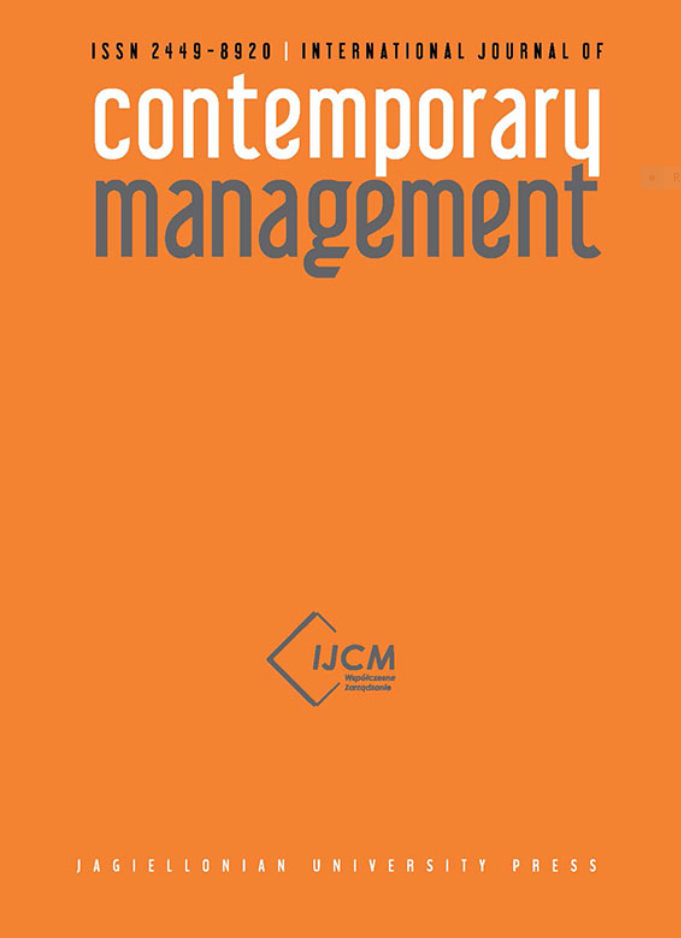MISS – METHODOLOGY FOR THE IDENTIFICATION OF STRATEGIC STAKEHOLDERS OF AN ORGANISATION
MISS – METHODOLOGY FOR THE IDENTIFICATION OF STRATEGIC STAKEHOLDERS OF AN ORGANISATION
Author(s): Anna SławikSubject(s): Business Economy / Management, Methodology and research technology, Management and complex organizations, Accounting - Business Administration
Published by: Wydawnictwo Uniwersytetu Jagiellońskiego
Keywords: stakeholders; stakeholder identification; organisation’s environment; strategic management;
Summary/Abstract: Taking the nature and dynamics of the environment of modern organizations into account, it is necessary and crucial to manage stakeholders, which is effective when such groups are identified that actually determine the organization’s ability to achieve its goals. The need to identify stakeholders is also justified by the overriding management goal of maximizing the value of an organization, as stakeholders can be regarded as the areas of value growth in the environment or those who have value-creation factors. Both the results of a literature review and the author’s experience in management practice imply the need to develop tools accessible for decision-makers to support the identification of stakeholders and to analyze and evaluate their influence on the organization’s functioning. Research aims. The purpose of the paper is to present in detail an original methodology for identifying the organization’s strategic stakeholders, which will address the research problem by assessing the influence stakeholders have on the achieving the organization’s strategic objectives and, consequently, identifying the stakeholders of strategic importance. Methodology. The MISS is a methodology with a set of tools supporting managers in analyzing and evaluating the internal and external environment of their organization, which is comprised of various stakeholder groups. An analysis and evaluation are conducted in a multi-stage manner and lead to the prioritization of stakeholders and the emergence of those of strategic importance to the functioning of the organization studied. Data collection methods for the MISS are focus group interviews and individual structured interviews. Key findings. The MISS supports decision-making in organizations by enabling decision-makers to systematically assess the direct and indirect impact potential of stakeholders on the strategic goals of the organization. The results of the analyses indicate the elements of the system (the organization’s environment) of the highest value, thus determining the allocation of resources. The conclusions also show the application potential of the MISS in the broader context of organization management, the model’s limitations, as well as future research directions.
Journal: International Journal of Contemporary Management
- Issue Year: 16/2017
- Issue No: 4
- Page Range: 207-235
- Page Count: 29
- Language: English

